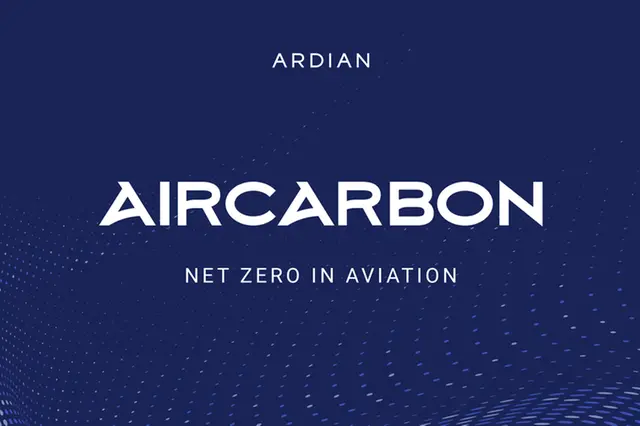Ardian has announced it is launching a free, open version of Ardian AirCarbon, its proprietary emission quantification and reduction tool for the aviation industry. The company shared that this is the first platform showing average daily carbon emissions per country and aircraft efficiency indicators for most commercial airports worldwide. This new open version of Ardian AirCarbon aims to monitor the progress made on aviation decarbonisation on a global scale.
It provides open access to the aggregated Scope 3 carbon emissions of airports within each country. This is in addition to more in-depth aircraft efficiency indicators such as the proportion of high, medium and low fuel efficiency aircraft in the overall aircraft mix of an airport at any given date.
It was noted that it complies with the recommended methodology from the Airport Carbon Accreditation (ACA), the global certification program for airport carbon management.
Ardian AirCarbon has been developed since 2019 by Ardian’s Data Science and IT teams in close collaboration with its portfolio airport teams to support the Scope 3 emissions dynamic assessment at airports where the Infrastructure team is an investor.
The company highlighted that Scope 3 is estimated to represent more than 95 per cent of an airport’s emissions, covering all indirect emissions, such as those generated by an aircraft landing, take-off and taxiing, or airport ground vehicles.
It was shared that the platform uses granular, real-time operations data to quantify and project emissions, and is currently deployed in five airports across Europe (Keflavík, Milan Malpensa, Milan Linate, Naples and Turin) and covers a total of 59 million yearly passengers.
According to the company, the goal is for the platform to become a tool for the entire airport ecosystem and to support the aviation sector in achieving net zero.
Commenting on the announcement, Mathias Burghardt, Executive Vice President and Head of Infrastructure at Ardian, said: “Making Ardian AirCarbon open and available to all stakeholders is an important step in supporting the transition to a more sustainable industry.
“As a long-term investor and shareholder in airports, it is our duty to help secure the future of aviation for the next generations and to meet the goals of the Paris Agreement. We look forward to working with the entire aviation ecosystem to control emissions, because collectively we need to act now.”
Meanwhile, Pauline Thomson, Head of Data Science and Managing Director of Infrastructure at the company, called Ardian AirCarbon an “essential tool” for airports seeking to reduce their carbon footprint and participate in the decarbonisation of the industry.
“With this open version, we are proud to offer our expertise and help the industry achieve its ambitious net-zero goals by making it easier to access and track emissions data. We invite the whole aviation industry to use Ardian AirCarbon and join us in this essential mission,” added Thomson.




